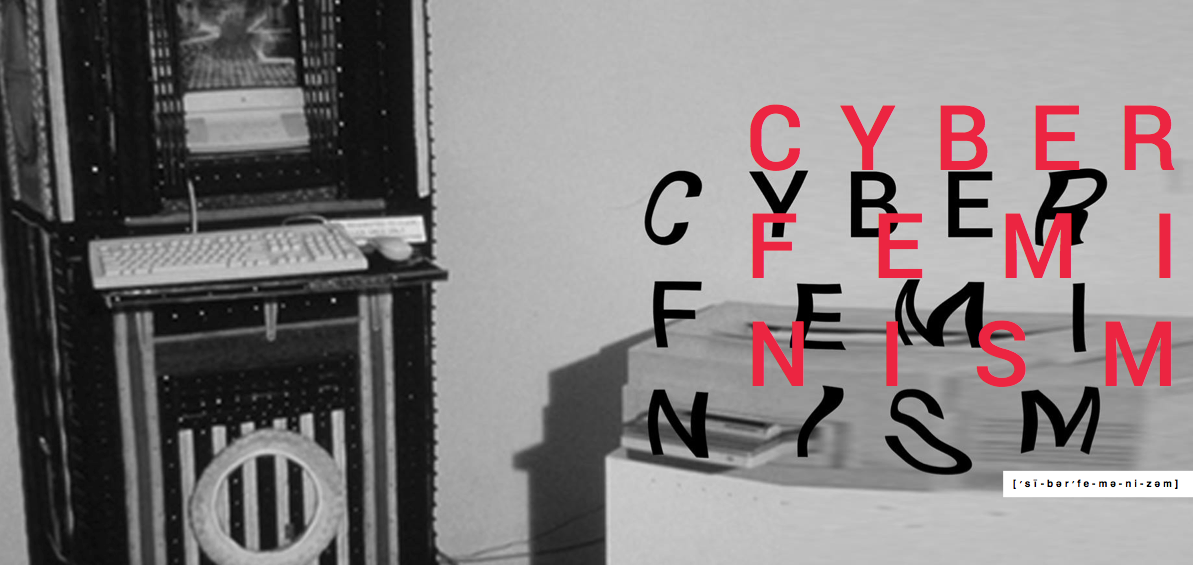
 Sam Moore
Sam Moore
MA Candidate, Environmental Studies
College of Arts and Sciences
Thesis Research
I’m at work finishing up my thesis, an examination of environmental history and wildlife management in the Kruger National Park, South Africa. I explore how the landscape of this savanna changes according to ecosystem cycles and intensive management interventions—changes which are bound up in the broader diffusion of African wildlife into international conservation policy and pop culture. My research methods have been diverse, including interviews, archive work, re-photography, and GIS.
This project would not have been possible without a unique blend of old and new media. Slogging through quintessentially dusty manuscripts in Kruger’s archives fulfilled only a part of the history I needed to assemble—the rest, especially the park’s connections to international systems of science and conservation, required a range of online research tools and archives. I pored through obscure youtube videos of old news footage, searched official and unofficial newspaper and image databases, linked historical sites to coordinates in satellite imagery, and monitored the park’s amateur historian Facebook page. All these methods placed my research into a nebulous area where the medium and validity of the archive itself was often suspect, and metadata usually absent.
NMCC Influence
The intersection of my thesis with coursework in the New Media and Culture Program has led me to wonder about and examine the way that seemingly antiquated rhetoric and imagery (in this case tied explicitly to colonial tropes and philosophies) can diffuse in unprecedented ways through uniquely modern channels of communication. Stereotypes about African nature dating back through apartheid to the British empire are recycled and reinforced in many digital places, expected and unexpected—on travel websites, online petitions and email lists, on my Facebook newsfeed, and in the millions of photographs on Flickr, Instagram and other platforms that knowingly or unknowingly reference the imagery of the past. I got to test drive some of these ideas in Bish Sen’s wonderful History and Theory of New Media seminar, and I played with new ideas about how to depict and challenge landscape stereotypes in John Park’s class, Programming for Artists.
Some Good Reads || Useful New Media Resources

Archive.org
One of the best places for locating old texts, at least the ones I’ve been looking for, has been Archive.org. The sites digitized collections from participating libraries has some rare, full color PDFs of resources that I would never be able to access otherwise.
For example, check out this 1908 Journal of the Society for the Preservation of the Flora and Fauna of the Empire, courtesy of Harvard’s Museum of Comparative Zoology: https://archive.org/details/journalofsociety1908soci
In terms of cultural diffusion, nothing is better for chasing down leads than Youtube: https://www.youtube.com/watch?v=Kvd6fVH9a4o
Here, a hardy leadwood tree (Combretum imberbe) photographed 60 years apart, on the left in c.1950 during the wet season, and on the right from this past August, when I found it during my visit to South Africa in the dry season (Figs. 1-2).









